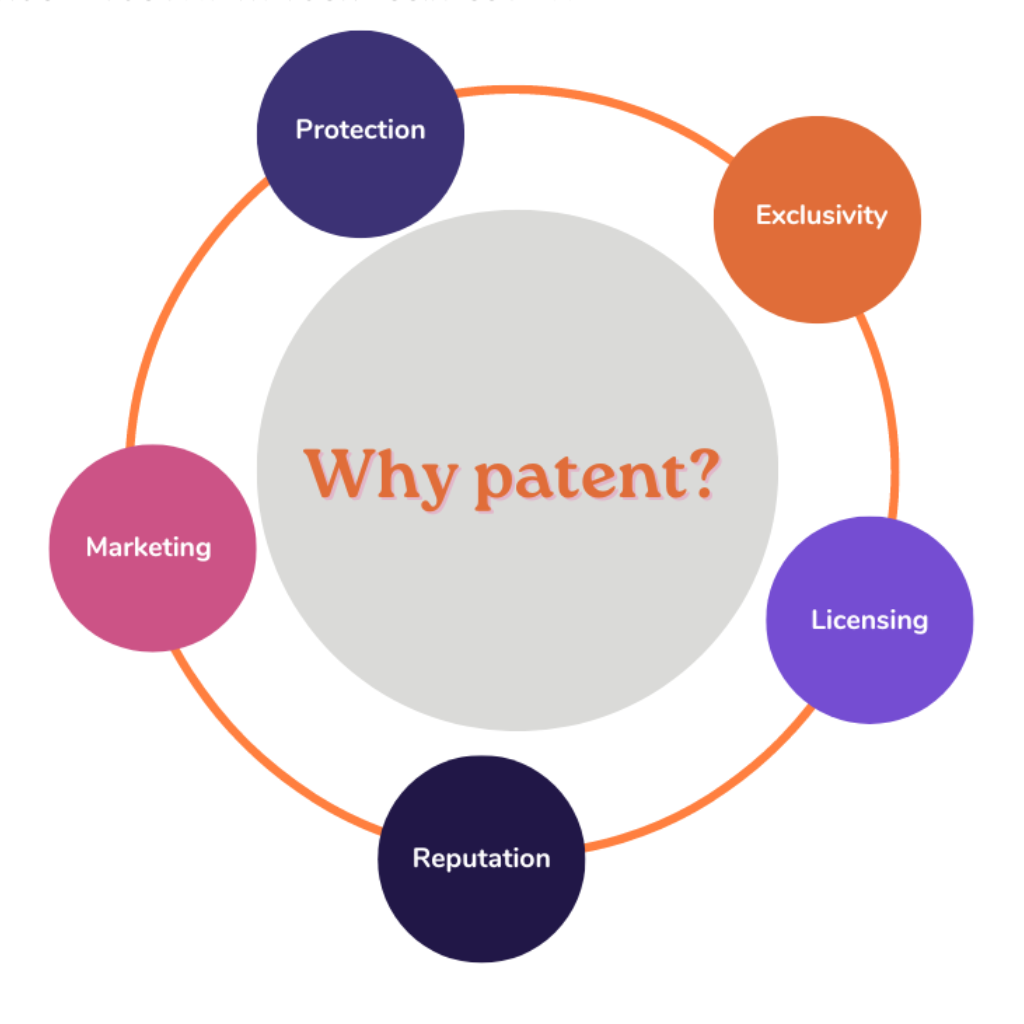Business ideas, often deemed the crux of an entrepreneurial endeavour, can be the foundation of a lucrative enterprise. Here, we dive into the specifics of protecting these ideas in Ireland through patenting.
Understanding Patents
A patent is a granted right for a new invention, product, or technical method. It is a legal protection that provides the patent holder with the exclusive right to prevent from exploiting the Intellectual Property (IP) for a certain period.
Full-term Patents: These patents offer protection for up to 20 years. They require evidence of novelty, industrial applicability, or an inventive step for the application to be successful. Full-term patents undergo a substantive examination and once granted, they are subject to renewal fees. This type of patent is particularly beneficial for inventors or businesses with complex IPs that may have a long-term market.
Short-term patents: These patents are valid for a maximum of ten years and do not require evidence of novelty. They are designed for smaller inventors and less complex innovations. Short-term patents have simpler application procedures and lower fees, making them attractive to small enterprises and individual inventors. Infringement proceedings related to short-term patents can be conducted in the Circuit Court.
Eligibility for Patenting
To be eligible for a patent, the idea must be novel, involve an inventive step and be capable of industrial application. However, it’s important to note that not all business ideas can be patented. In Ireland, software, for example, is generally not patentable. However, there are some exceptions where software has a technical effect.
Applying for a Patent
Applying for a patent involves submitting a patent application to the Intellectual Property Office of Ireland. The application includes a request for the grant of a patent, a specification of the invention, an abstract summarising the invention, and the prescribed filing fee.

The Rationale Behind Patenting
The primary advantage of patenting is that it gives the patent holder the right to stop others from copying, manufacturing, selling or importing the patented invention without permission thereby enabling the owner to profit and negotiate licensing. This protection can be a crucial source of revenue for businesses. There are tax breaks and reduced taxation on profits attributed to products covered by registered intellectual property in Ireland, emphasising the tangible benefits of protecting intellectual property for businesses in the country. It’s important for businesses to carefully consider these advantages when formulating their IP protection strategies in Ireland.
The Downside of Patenting
Despite its advantages, patenting can be time-consuming, and expensive, and may involve disclosing certain technical information about the invention. One of the main disadvantages of obtaining a patent for a business idea in Ireland is that the technical information about the invention will become publicly available when the patent application is filed. This can potentially lead to the risk of losing control over the invention or damaging the brand’s reputation. Therefore, it is crucial to weigh the potential benefits against the costs before deciding to apply for a patent.
To protect an invention abroad, one needs to apply to patent offices in individual countries or through an international patent system such as the Patent Co-operation Treaty (PCT).
Costs Involved
The costs associated with patenting in Ireland can be quite varied, depending on several factors. Firstly, there is the initial application cost, which is a fee you must pay regardless of whether your patent is ultimately approved or not. This also includes costs for searches for existing patents and hiring a patent attorney for professional guidance. There are also annual renewal fees that need to be paid in order to maintain patent protection. The fees for short-term patents are 50% of those for full-term patents. Furthermore, if your invention has potential in other markets, there’s the additional cost of applying for patents in those countries, as patents are territorial. Lastly, there can be costs associated with managing your patent portfolio, which includes tasks such as rectifying errors in the patent register, changing names or addresses, and recording changes in ownership or title. It’s important to seek legal advice when managing these tasks, which can also add to the overall cost.
Defending a Patent
Patent holders should be prepared to defend their patents, as infringing a patent can lead to legal action. Defending a patent in Ireland can be a costly and time-consuming process. It involves taking action against infringers, which can be expensive. It’s important to be prepared to defend your patent and consider seeking advice from local legal counsel or IP consultants who are experts in Irish law. Due diligence on partners is crucial to protect IP rights, including careful consideration of allowing partners to register IP rights on your behalf. Additionally, working with trade associations and organisations is important for supporting efforts to protect IP and stop counterfeiting, with various organisations available for support. However, a patent can also act as a deterrent, making defence unnecessary.
How to monetize a patent?
Holding a patent can be a profitable enterprise. A patent holder can use the innovation themselves, license it to others, or even sell it.
In conclusion, while patenting a business idea in Ireland can provide significant benefits, it is important to thoroughly understand the process, costs, and potential drawbacks before proceeding. A well-informed approach can help entrepreneurs protect their innovative business ideas and maximise their commercial potential.
Would you like to know more about the world of start-ups? Reach out to us now at hello@furthr.ie.



